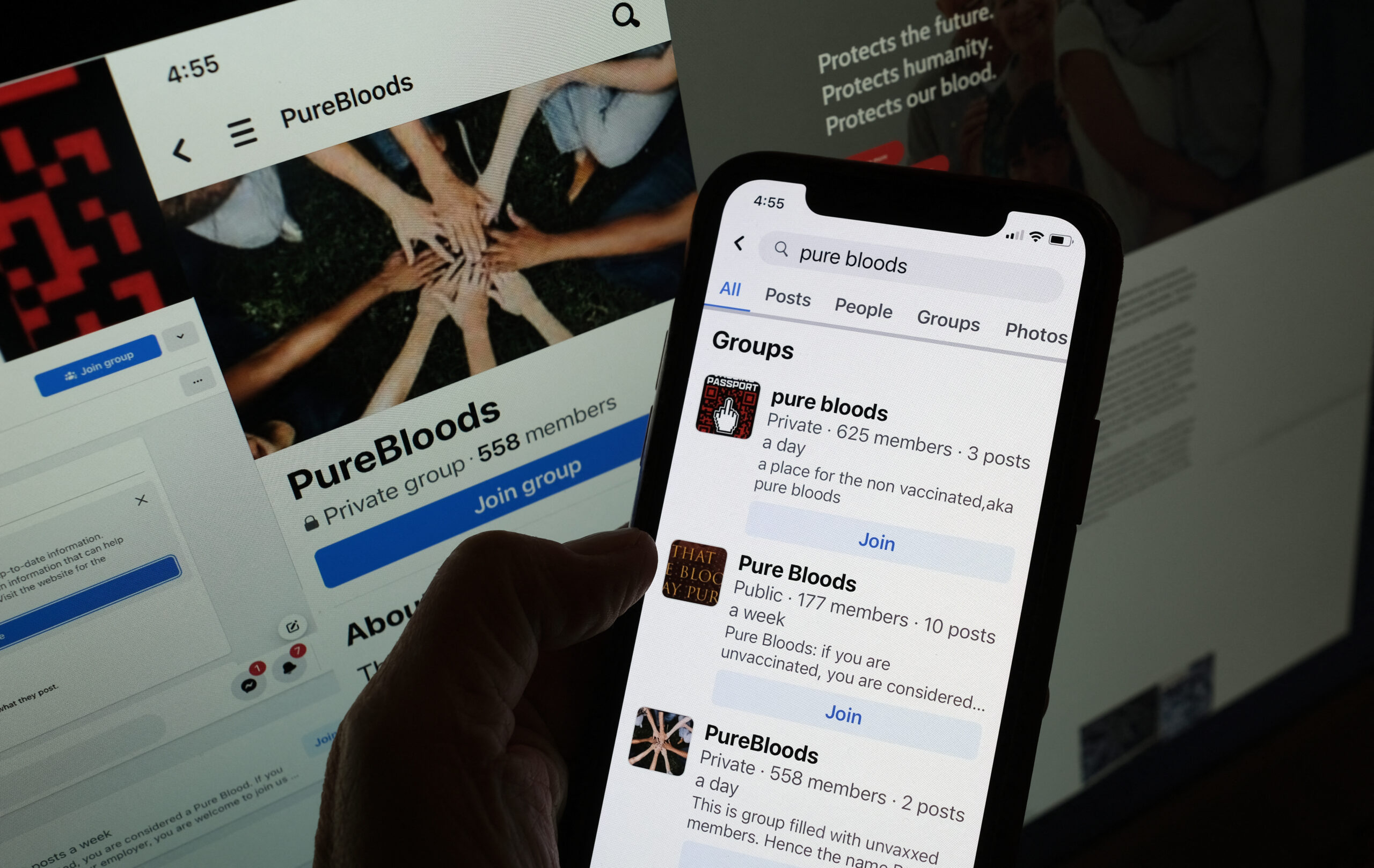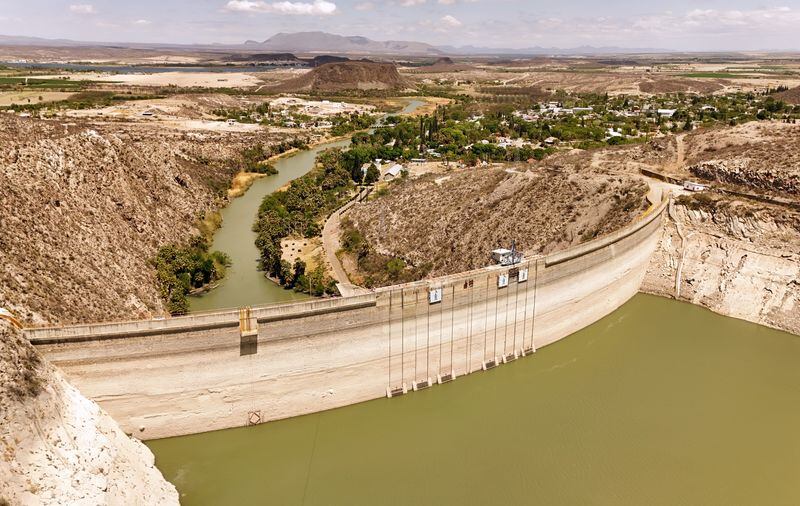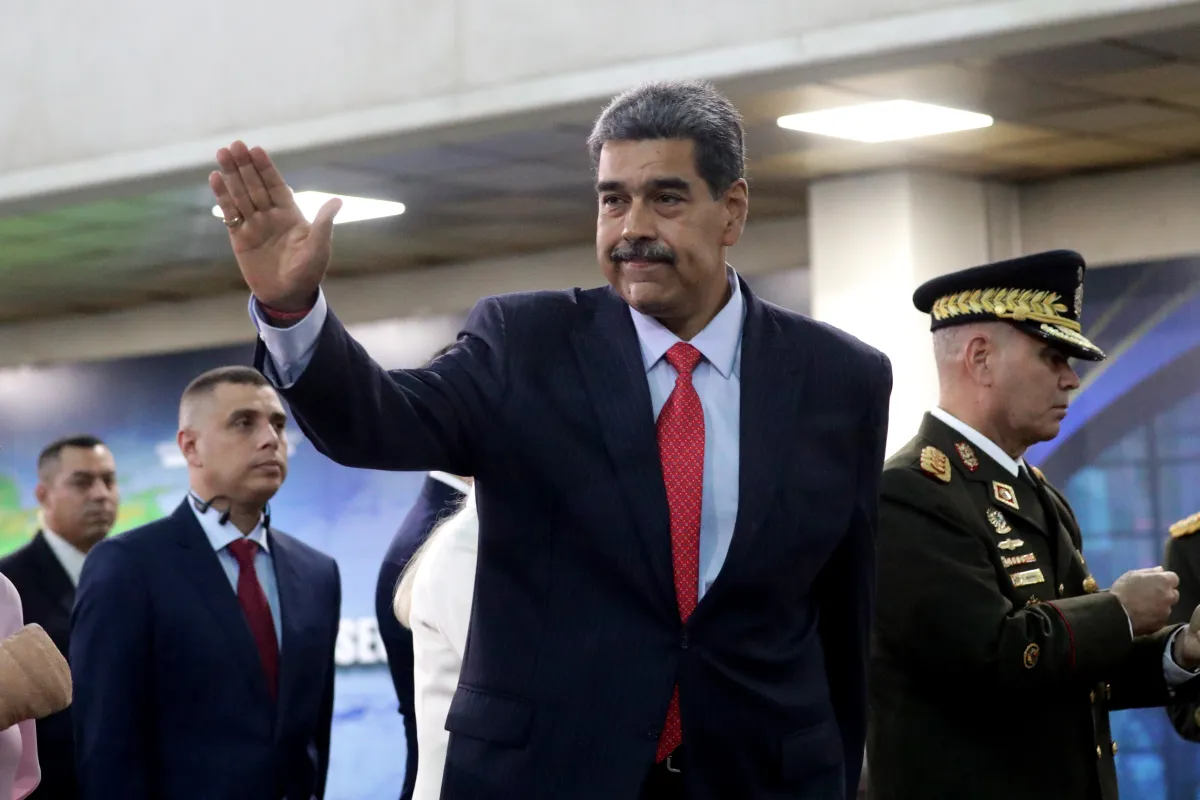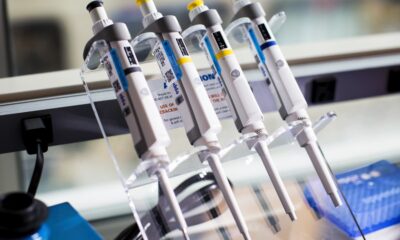International
Vaccine misinformation spawns ‘pure blood’ movement

January 25 | By AFP | Anuj Chopra and Marisha Goldhamer |
Vaccine skeptics blocking transfusions for life-saving surgeries, Facebook groups inciting violence against doctors and a global search for unvaccinated donors — Covid-19 misinformation has bred a so-called “pure blood” movement.
The movement spins anti-vaccine narratives focused on unfounded claims that receiving blood from people inoculated against the coronavirus “contaminates” the body.
Some have advocated for blood banks that draw from “pure” unvaccinated people, while medics in North America say they have fielded requests from people demanding transfusions from donors who have not received the jab.
In closed social media groups, vaccine skeptics — who brand themselves as “pure bloods” — promote violence against doctors administering coronavirus jabs alongside false claims of mass deaths of vaccinated people.
Taking the hysteria to the next level was the recent high-profile case of a New Zealand couple, who sought to block life-saving heart surgery of their infant on the grounds that any blood transfused could have come from a vaccinated donor.
Their stance prompted a New Zealand court to take temporary custody of the baby to allow the procedure, but the case became a cause celebre among vaccine skeptics around the world.
“Cases like this spread like wildfire on both fringe and mainstream news sites and then social media, providing attention for anti-vaccine conspiracy theories,” Katrine Wallace, an epidemiologist and assistant professor at the University of Illinois Chicago, told AFP.
“There is absolutely no science behind these conspiracies. If you give blood from a vaccinated donor to an unvaccinated person, the person receiving the transfusion does not become vaccinated.”
‘Profitable falsehoods’
George Della Pietra, a Swiss naturopath founded Safe Blood Donation, a global mediation service that falsely labels mRNA coronavirus vaccines a “health threat” and seeks to connect unvaccinated blood donors with recipients.
The Zurich-based nonprofit offers to obtain “fresh or canned” unvaccinated blood for its patrons, according to Safe Blood’s website, which says it has a presence across western Europe, the United States, Canada, Australia, Asia and Africa.
AFP’s email to Pietra requesting comment elicited a reply from Safe Blood’s media director.
“There are a large number of scientists and doctors who not only have great concerns about the Covid vaccines, but are convinced that they also enter the body via the blood through the back door, so to speak, and remain there,” wrote Clinton Ohlers, the media director, quoting from the website.
That directly contradicts scientific assertions.
“Blood donations from individuals who have received a Covid-19 vaccine are safe for transfusion,” Jessa Merrill, from the American Red Cross, told AFP.
“Similar to other vaccines… the Covid-19 vaccine is designed to generate an immune response to help protect an individual from illness, but vaccine components themselves are not found within the bloodstream.”
Safe Blood’s members are required to pay an initial joining fee of 50 euros ($54), followed by 20 euros each subsequent year, according to its website.
“The ‘safe blood’ movement is absolutely based 100 percent in anti-vaccine misinformation,” said Wallace.
“As with all anti-vaccine misinformation, appealing to people’s fears is sadly profitable.”
Sperm and breast milk
The demand to remain “pure” reaches beyond blood to social media posts soliciting sperm from unvaccinated men — conspiracy theorists speculate online that the precious commodity will be the “next Bitcoin” — as well as breast milk from unvaccinated mothers.
These requests appear to stem from belief in the debunked claims that Covid vaccines can cause infertility or alter the human DNA.
Demand for “unvaccinated” blood is unclear, but experts say it would be a challenge to procure it in countries with high vaccination rates.
The Food and Drug Administration in the United States, where more than 80 percent of the population has received at least one Covid jab, says it does not require blood collectors to test for vaccination status.
Hospitals are also not able to inform the status of donated blood to patients.
“Is the US blood supply tainted?” screamed a headline from Children’s Health Defense, a nonprofit founded by Robert Kennedy Jr, a known purveyor of vaccine misinformation.
It falsely asserted that the country’s vaccination campaign may have “contaminated the country’s blood supply.”
An AFP reporter who infiltrated one of the closed “pure bloods” Facebook groups found posts vilifying doctors administering vaccines as “an arm of the state.”
Other posts contained a cartoon image of a nurse holding a syringe and standing in a field full of skulls, and another of “victims” tumbling out of a vaccine bottle in crutches and wheelchairs.
Another post contained a video of a shirtless muscular man headbutting and smashing a car window in what was claimed to be a public outburst against vaccines.
International
U.S. and Mexico Reach Deal to Address Water Deficit Under 1944 Treaty

The United States and Mexico have reached an agreement to comply with current water obligations affecting U.S. farmers and ranchers and for Mexico to cover its water deficit to Texas under the 1944 Water Treaty, the U.S. Department of Agriculture said in a statement.
The department уточified that the agreement applies to both the current cycle and the water deficit from the previous cycle.
On Monday, U.S. President Donald Trump accused Mexico of failing to comply with the water-sharing treaty between the two countries, which requires the United States to deliver 1.85 billion cubic meters of water from the Colorado River, while Mexico must supply 432 million cubic meters from the Rio Grande.
Mexico is behind on its commitments. According to Washington, the country has accumulated a deficit of more than one billion cubic meters of water over the past five years.
“This violation is severely harming our beautiful crops and our livestock in Texas,” Trump wrote on Monday.
The Department of Agriculture said on Friday that Mexico had agreed to supply 250 million cubic meters of water starting next week and to work toward closing the shortfall.
Agriculture Secretary Brooke Rollins, quoted in the statement, said Mexico delivered more water in a single year than it had over the previous four years combined.
Trump has said that if Mexico continues to fall short of its obligations, the United States reserves the right to impose 5% tariffs on imported Mexican products.
Mexico’s Deputy Foreign Minister for North America, Roberto Velasco, said that a severe drought in 2022 and 2023prevented the country from meeting its commitments.
International
Several people shot in attack on Brown University campus

Several people were shot on Saturday in an attack on the campus of Brown University, in the northeastern United States, local police reported.
“Shelter in place and avoid the area until further notice,” the Providence Police Department urged in a post on X. Brown University is located in Providence, the capital of the state of Rhode Island.
U.S. President Donald Trump said on his social media platform Truth Social that he had been briefed on the situation and that the FBI was on the scene.
At 5:52 p.m. local time (11:52 p.m. GMT), Brown University said the situation was still “ongoing” and instructed students to remain sheltered until further notice.
After initially stating that the suspect had been taken into custody, Trump later posted a second message clarifying that local police had walked back that information. “The suspect has NOT been apprehended,” the U.S. president said.
International
Colombia says it would not reject Maduro asylum request as regional tensions escalate

The Colombian government stated on Thursday that it would have no reason to reject a potential asylum request from Venezuelan President Nicolás Maduro should he leave office, as regional tensions persist over the deployment of U.S. military forces in the Caribbean since August.
“In the current climate of tension, negotiations are necessary, and if the United States demands a transition or political change, that is something to be assessed. If such a transition results in him (Maduro) needing to live elsewhere or seek protection, Colombia would have no reason to deny it,” said Colombian Foreign Minister Rosa Villavicencio in an interview with Caracol Radio.
However, Villavicencio noted that it is unlikely Maduro would choose Colombia as a refuge. “I believe he would opt for someplace more distant and calmer,” she added.
Colombian President Gustavo Petro also commented on Venezuela’s situation on Wednesday, arguing that the country needs a “democratic revolution” rather than “inefficient repression.” His remarks followed the recent detention and passport cancellation of Cardinal Baltazar Porras at the Caracas airport.
“The Maduro government must understand that responding to external aggression requires more than military preparations; it requires a democratic revolution. A country is defended with more democracy, not more inefficient repression,” Petro wrote on X (formerly Twitter), in a rare public criticism of the Venezuelan leader.
Petro also called for a general amnesty for political opponents and reiterated his call for forming a broad transitional government to address Venezuela’s prolonged crisis.
Since September, U.S. military forces have destroyed more than 20 vessels allegedly carrying drugs in Caribbean and Pacific waters near Venezuela and Colombia, resulting in over 80 deaths.
U.S. President Donald Trump has repeatedly warned that attacks “inside Venezuela” will begin “soon,” while Maduro has urged Venezuelans to prepare for what he describes as an impending external aggression.
-

 International4 days ago
International4 days agoWashington declares State of Emergency as atmospheric river brings severe flooding
-

 International4 days ago
International4 days agoU.S. to require five-year social media history from tourists under Visa Waiver Program
-

 International3 days ago
International3 days agoCuba battles out-of-control dengue and chikungunya epidemic as death toll rises to 44
-

 Central America3 days ago
Central America3 days agoHonduras election crisis deepens as CNE president denounces intimidation attempts
-

 Central America4 days ago
Central America4 days agoOAS and EU urge honduran political actors to respect vote results and avoid unrest
-

 International3 days ago
International3 days agoColombia says it would not reject Maduro asylum request as regional tensions escalate
-

 International2 days ago
International2 days agoSeveral people shot in attack on Brown University campus
-

 International3 days ago
International3 days agoEcuador on track for record violence as homicides hit highest level in Latin America again
-

 International4 days ago
International4 days agoSix ecuadorian soldiers jailed pending trial for alleged extrajudicial execution
-

 International2 days ago
International2 days agoU.S. and Mexico Reach Deal to Address Water Deficit Under 1944 Treaty
-

 Central America11 hours ago
Central America11 hours agoPanama seizes over three tons of drugs hidden in Caribbean port container




























